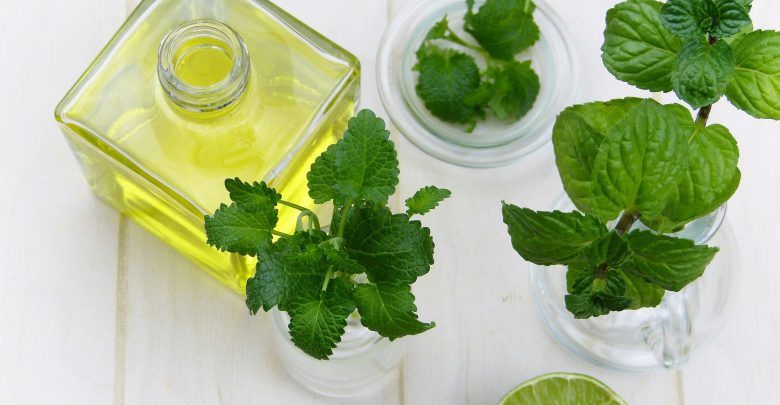Alternative medicine is often called natural medicine or holistic medicine.
Alternative medicine includes methods that are different from those of conventional medical systems and might incorporate spiritual, metaphysical, or religious beliefs; practices not based on research evidence, non-European medical traditions, or newly developed approaches to healing. Natural alternative medicine covers a myriad of various systems of healing and treating disease that are not widely taught at U.S. medical schools and not generally available at U.S. hospitals.
People give many reasons for choosing alternative medicine. Often they turn to natural alternative medicine in cases when conventional medicine is relatively ineffective or even harmful. They may want to improve the quality of their life. They may distrust medical practitioners. Most important, people try natural alternative medicine because they want a whole body, holistic approach to healing. They are also concerned that conventional medicine relies heavily on prescription drugs, and might be influenced by the financial interests of drug companies.
For serious health issues, alternative medicine and natural medicines should not be used to replace conventional medicine. As alternative medical practices become widely understood, more physicians are including them in treatment plans, whenever there is strong evidence of their efficacy and safety.
Examples Of Natural Alternative Medicine
Under the umbrella term of Natural Alternative Medicine, a number of practices and therapies are covered. To give a few examples of natural alternative medicine, there is: Traditional Chinese medicine, Dietary Supplements, Acupuncture, Chiropractic Medicine, Yoga, Magnetic Therapy, Aromatherapy, Macrobiotic Diet, Ear Candling, Healing Touch, Tai Chi, Feng Shui, Fasting, Urine Therapy, Massage, Meditation, Homeopathy, Hypnosis, Organic Diet, Reflexology, Shiatsu, Hand Analysis, Light Therapy, Hypnosis, Iridology, Soil Bath Therapy and dozens of other beliefs, practices and behaviors. You’ve probably heard of many of these types of therapy.
Alternative Medicine Is Often One More Effective Treatment
Most Americans used some form of natural alternative therapy in the past 12 months. The most common Complimentary and Alternative Medicine therapies used in the USA are prayer (45.2%), herbalism (18.9%), breathing meditation (11.6%), meditation (7.6%), chiropractic medicine (7.5%), yoga (5.1%), body work (5.0%), diet-based therapy (3.5%), progressive relaxation (3.0%), mega-vitamin therapy (2.8%) and visualization.
The National Center for Complementary and Alternative Medicine, as part of the National Institutes of Health, funds and publicizes research on alternative medicine. The research showed that the therapies of many alternative medicines are effective. For example, Tai Chi, the traditional Chinese exercise of slow controlled movement, significantly boots immunity to the shingles virus in older adults. Laboratory studies have shown that grape seed contains antioxidants-substances that prevent cell damage caused by highly reactive molecules called free radicals. Some preliminary results indicate that lavender oil, combined with oils from other herbs, may help with hair loss from a condition called alopecia areata.
There are a number of herbs used by alternative health practicioners for treat, cure and maintain health. Of the many herbs in Natural Alternative Medicine, here are a few examples.
- Kava is a member of the pepper family used for insomnia and short-term stress.
- Echinacea, the purple coneflower grown in gardens, has traditionally been used to treat or prevent colds, flu, and other infections. It is believed to stimulate the immune system to help fight infections.
- Scientists are studying the use of St. John’s wort in a wider spectrum of mood disorders, including minor depression.
- The popular dietary supplement combination of glucosamine plus chondroitin sulfate provides significant relief from osteoarthritis pain in study participants with moderate-to-severe pain.
- People use ginkgo leaf extracts hoping to improve memory; to treat or help prevent Alzheimer’s disease and other types of dementia; and to decrease leg pain caused by narrowing arteries. It’s also used to treat multiple sclerosis, tinnitus, and other health conditions.
Although the National Institutes of Health has initiated research programs for alternative medicine, many alternative therapies have not be subject to rigorous, double-blind, randomized, controlled scientific studies. Since alternative medical therapies usually cannot be patented, there is little financial incentive to study it. Consequently, fewer research studies have been done on alternative therapies. Instead, research is directed toward developing pharmaceutical drugs that can be patented and marketed as a proprietary product.
The herbs and neutraceuticals used in natural alternative medicine may interact with prescription medicine. For some people, herbs can cause an allergic reaction, just as foods and ragweed do. Some herbal products may contain higher or lower amounts of the active ingredient than the label indicates.
The placebo effect plays a role in the benefits of all medical treatment, conventional as well as alternative medicine, but practitioners maintain that this does not diminish their validity.
